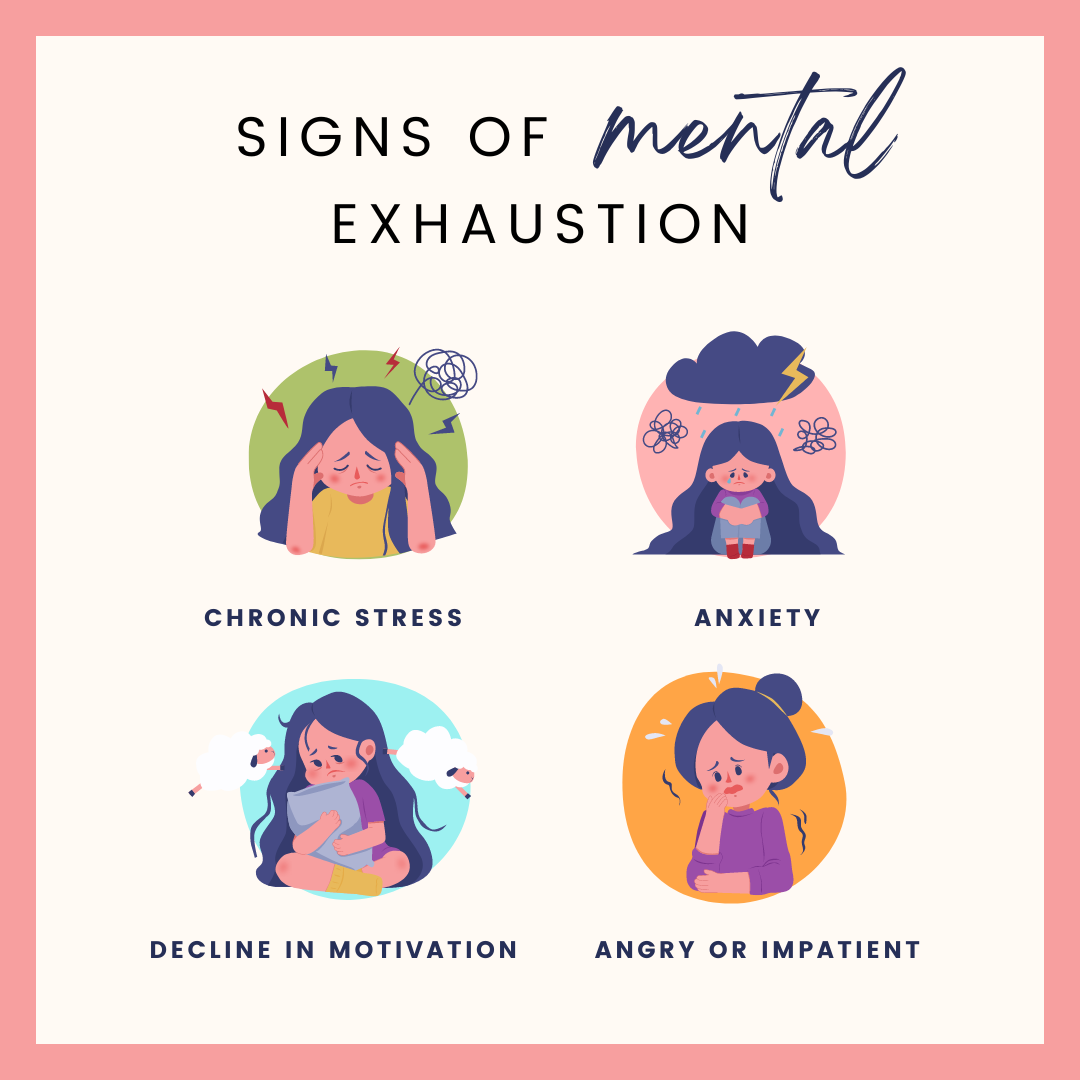Stress is an inevitable part of life, but understanding how it affects us and learning effective coping strategies is essential for maintaining overall health and well-being. Stress can manifest in various ways, both physically and emotionally, and prolonged exposure to stress can have detrimental effects on our health.
Managing stress begins with recognizing its signs and symptoms. Common physical symptoms of stress include headaches, muscle tension, fatigue, and gastrointestinal problems, while emotional symptoms may include irritability, anxiety, depression, and difficulty concentrating. By identifying these signs early on, individuals can take proactive steps to manage stress and prevent it from escalating.
One of the most effective strategies for managing stress is practicing relaxation techniques such as deep breathing, meditation, and progressive muscle relaxation. These techniques help activate the body’s relaxation response, reducing the physiological effects of stress and promoting a sense of calm and well-being.
Additionally, maintaining a healthy lifestyle can help reduce stress levels. Regular exercise, a balanced diet, adequate sleep, and limiting caffeine and alcohol intake can all contribute to better stress management. Engaging in hobbies and activities that bring joy and relaxation, such as spending time outdoors, practicing yoga, or spending time with loved ones, can also help alleviate stress.
Furthermore, developing healthy coping mechanisms and seeking support from friends, family, or a mental health professional can provide valuable resources for managing stress. Talking about your feelings, setting realistic goals, and practicing self-care are all important aspects of stress management.
In conclusion, understanding stress and learning effective coping strategies is crucial for maintaining overall health and well-being. By recognizing the signs of stress, practicing relaxation techniques, maintaining a healthy lifestyle, and seeking support when needed, individuals can effectively manage stress and improve their quality of life.



